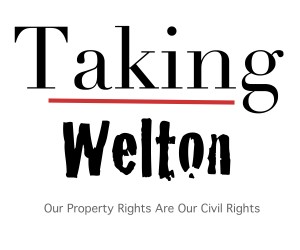SURPRISE TWIST IN FAMOUS EMINENT-DOMAIN CASE
“Somin, whose research focuses on constitutional and property law, noted several previous proposed uses for the condemned property have failed to pan out.
“It is hard to say whether Mayor Finizio’s idea will prove any more viable. Even if it does, the condemned land will have remained empty for a decade or more by the time the new development project is completed,” he said.
“This ensures that, even from a strictly economic point of view, the Kelo condemnations will end up destroying far more value for the city of New London than they are likely to create. Had the city simply left the previous property owners alone, they would have continued to pay property taxes on their homes and rental properties, and otherwise contribute to the local economy. In addition, [the] city and state would have saved millions of dollars in various expenses associated with the takings.”
He continued: “However, it would be wrong to say that no one at all has benefited from the Kelo takings. So long as the condemned land remains unused, it can continue to serve as a home for feral cats.”
The Day pointed out the broader impact of the Kelo decision. Since then, 80 percent of the states have adopted laws limiting the way eminent domain is used. In Connecticut, a prohibition on property being taken to boost property taxes was adopted in 2007.”
Unruh, Bob. WND 10 December 2013.
